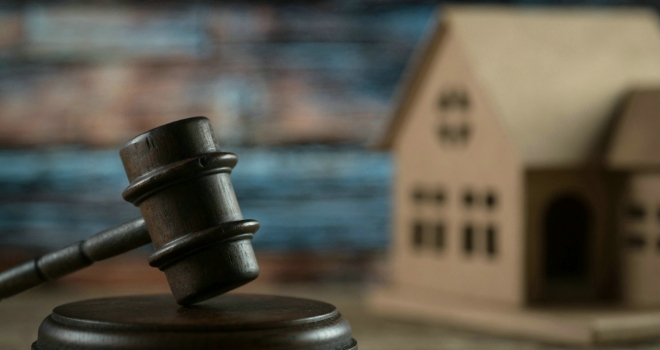
"Although there are many things to consider when buying an item at auction, it’s a chance to have fun and it really doesn’t need to be complicated."
1. No backing out if you are the buyer
If you are the highest bidder, you cannot change your mind after the fall of the hammer and you must pay for the item. With experience of online auctions, such as eBay, you see people sometimes changing their mind and backing out of the sale. However, this doesn’t apply in real life. When attending real-life auctions, people can mistakenly think the same can apply. This is one of the biggest misconceptions; if you pull out of the sale at auction, you could face huge costs, or be taken to court.
2. Consumer Contracts Regulations
If you buy an item online – whether it’s via a store such as John Lewis, or through an online marketplace, it falls under the Consumer Contracts Regulations and in some cases, you can return the item for a full refund under the Distance Selling Regulations. However, at a real-life auction you can view the item in advance and choose whether to bid, so therefore you won’t be protected by this law, even if you bid via live webcast.
3. Read the small print
The most important piece of advice for those buying at auction is to check the terms and conditions of the auction house you choose to use – you need to follow their terms and by entering a bid you are agreeing to them. Particularly when buying a property at auction it’s important to do this. You will be required to pay the deposit and any administration charges immediately, as well as the balance of the purchase price usually within 20 business days, so you should familiarise yourself with what needs to be paid, and when, so you don’t face any unexpected costs. Chattels sales will invariably have a Buyer’s Premium to pay over and above the hammer price and the goods being sold may be subject to VAT too.
4. Reserves
Sellers at auction may set a reserve price with the auctioneer – a figure which the lot cannot be sold below. Any auction guide or estimate must not be placed below a fixed reserve as that would be misleading to bidders.
5. Protect yourself
When buying at auction, it is important to choose a regulated auctioneer. By choosing a NAVA Propertymark Protected auctioneer, you are dealing with a qualified professional, who is delivering the highest standards. This will also guarantee that any monies you pay will be held in dedicated auction client accounts to protect both you and the seller alike.
James Emson, president at NAVA Propertymark, commented: “Although there are many things to consider when buying an item at auction, it’s a chance to have fun and it really doesn’t need to be complicated. If you do your homework, familiarise yourself with the lot you want, the terms and conditions that apply and are clear with your bids, you’re in with a great chance of success and maybe getting your hands on a bargain.”





